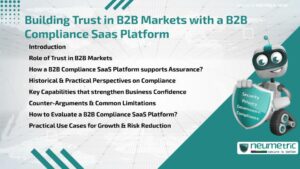
Building Trust in B2B Markets with a B2B Compliance Saas Platform
A clear guide on how a B2B Compliance SaaS Platform helps Businesses build trust & reduce Risk in B2B Markets.
Welcome to our Journal where you will be able to find our latest articles on Cybersecurity
Submit the form to speak to an expert!

A clear guide on how a B2B Compliance SaaS Platform helps Businesses build trust & reduce Risk in B2B Markets.

A clear guide to using a HIPAA Compliance Automation Tool in Healthcare security for simpler oversight & stronger protection.
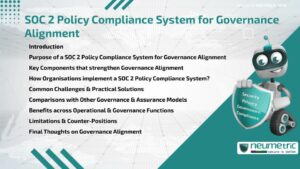
A clear guide to using a SOC 2 Policy Compliance System to improve Governance Alignment & Organisational Assurance.
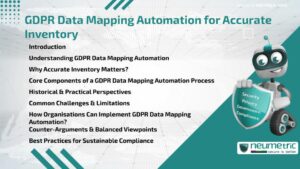
A clear guide to GDPR Data Mapping Automation & its role in building an accurate inventory for compliance & operational clarity.

A clear guide explaining how GRC Audit workflow management improves oversight through structured processes & continuous visibility.
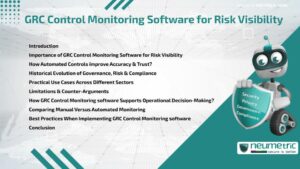
A clear guide to how GRC Control Monitoring software strengthens Risk visibility & supports Confident Decision-making.
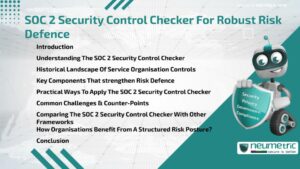
A clear guide to the SOC 2 Security Control Checker that explains its purpose, importance & role in strengthening organisational Risk defence.
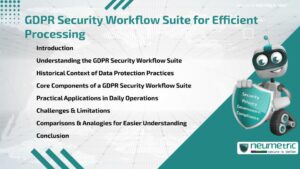
A clear guide to the GDPR Security Workflow Suite & its role in safe & efficient data processing.
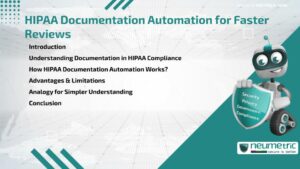
A Practical Overview of How HIPAA Documentation Automation speeds up Compliance reviews & strengthens Healthcare Record Accuracy.
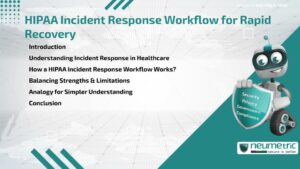
A Practical Overview of How a HIPAA Incident Response Workflow enables Rapid Recovery & Reduces Compliance Risk after Security Events.
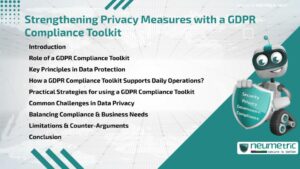
A GDPR Compliance toolkit helps organisations strengthen Data Privacy measures through structured processes & clear responsibilities.
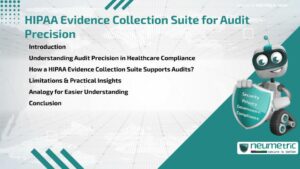
A concise guide explaining How a HIPAA Evidence Collection Suite enhances Audit Precision & Strengthens Compliance documentation.
A Practical guide showing how a HIPAA Healthcare Compliance Tracker helps organisations maintain Regulatory alignment & manage Essential Tasks.
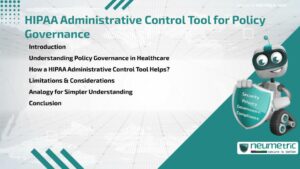
A clear guide to using a HIPAA Administrative Control Tool for better Policy Governance & Simpler Compliance workflows.
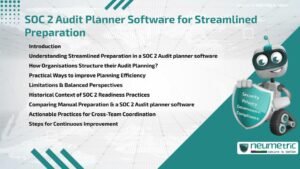
Learn how SOC 2 Audit planner software simplifies preparation & strengthens reliable Compliance practices.
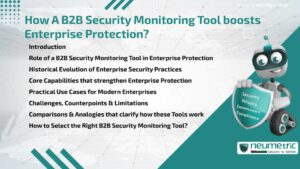
A B2B Security Monitoring Tool helps Enterprises detect Risks early & strengthen protection through visibility, alerting & continuous oversight.

A clear guide to using a GDPR Consent Lifecycle Manager for safe & compliant data processing.
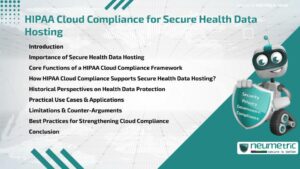
A practical guide explaining how HIPAA Cloud Compliance protects health data through structured controls & responsible hosting practices.

